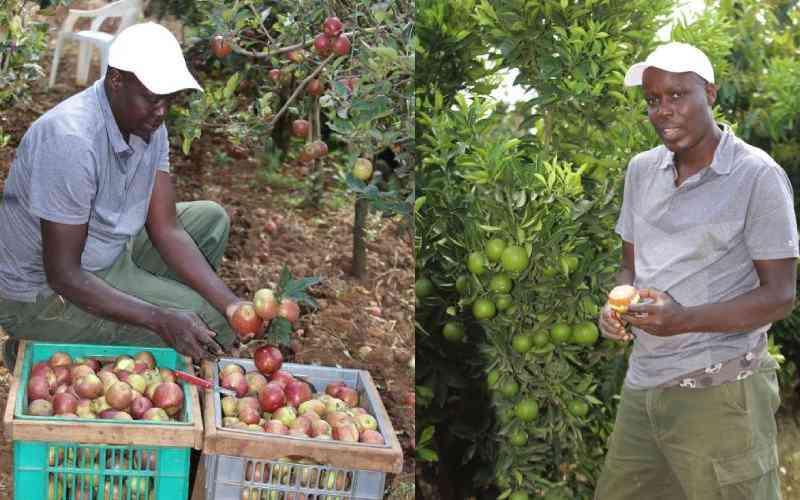
After completing his doctorate in soil fertility and plant nutrition at Wyoming University in the US, Dr Onesmus Ng'etich came back to Kenya full of knowledge and expertise in the farming field that he was so passionate about.
Having a PhD, one would probably think of getting a well-paying job under the national or the county government but for Ng'etich, he thought of owning land and venturing into horticultural crop production. His first idea was to get land where he would produce certified fruit seedlings and encourage Kenyans to embrace fruit farming, saying it was a good investment that was earning people good income in many countries he had toured.